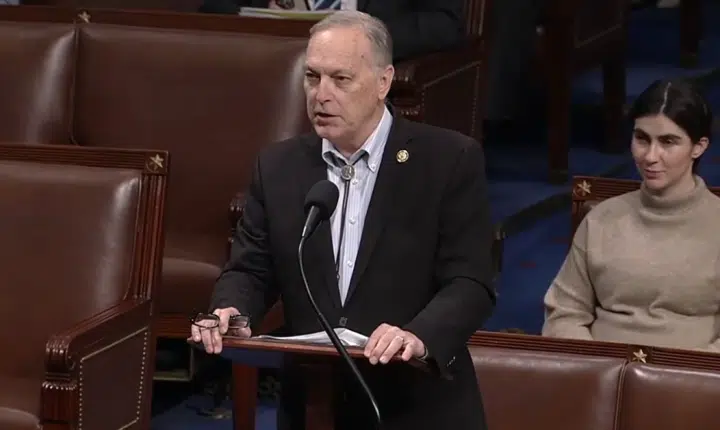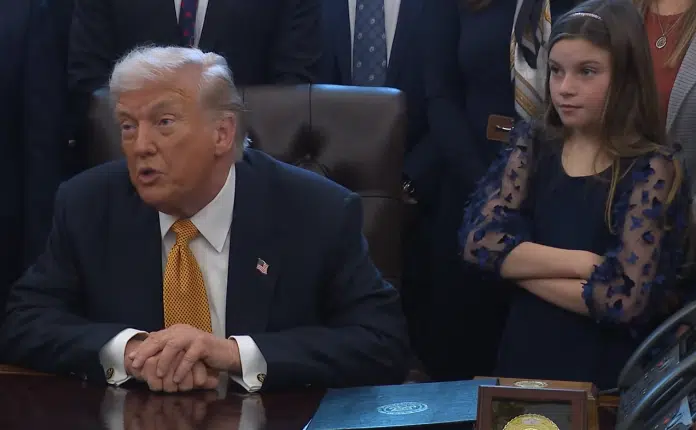Three changes that could restore justice to the ‘forgotten man’

Our legal system has failed; it works well for the elite, but it is difficult or impossible for millions of Americans to obtain justice. The high cost of law school educations prevents many people from entering law and is part of the reason why the national average hourly rate for lawyers is $225. Due in part to the unaffordability of lawyers, it has been estimated that 30 million people go to court each year in the United States without a lawyer. All too often, these pro se litigants find themselves lost and hopelessly outmatched in our confusing legal system.
Law Schools Cost Too Much
One of the key problems with our legal system is that the American Bar Association (ABA) accredits the vast majority of law schools in the country, and its accreditation standards are very expensive. For example, ABA standards require that law programs last three years and that classes be taught by full-time faculty with lighter teaching loads. Of course, just as one size does not fit all, so many students cannot afford a gold-plated ABA-approved education.
To help reduce legal education costs, states should allow all law school graduates – not just those from ABA-approved schools – to take the bar exam. Such a move would exert downward pressure on tuition costs at ABA-approved schools because it would make cheaper non-ABA schools more appealing to students. Presumably, downward pressure on tuition costs would be welcomed by law school graduates who, on average, have been leaving law school with more than $164,000 of student debt, according to a recent ABA survey.
Lower Legal Costs Through Competition
To address the unaffordability of legal services, states should promote competition among legal service providers. First of all, states should allow non-lawyers to own law firms, which should bring more capital and new ideas to the legal profession. Secondly, states should allow experienced paralegals to assist clients with simple contracts and wills, bankruptcies, divorces, and court filings. Several years ago, Washington State set up a program to allow non-lawyers to help clients with family law problems. Unsurprisingly, these legal professionals cost much less than attorneys.
Pro Se Litigants Need Help
Courts should be more helpful to pro se litigants (those who serve as their own lawyer). Rather than expect pro se litigants to write their own court filings from scratch, courts should create simple forms for them to fill out whenever possible. Judges should be patient with pro se litigants, calmly explain court rules to them, and avoid using legal jargon as much as possible. Furthermore, when a judge observes that a pro se litigant is skipping over a key argument, the judge should intervene and ask questions until the relevant facts are brought to light. Additionally, court clerks should answer legal questions for pro se litigants. While clerks should not tell them what they should do, clerks should tell them what their options are. As it is, clerks routinely refuse to answer basic questions for pro se litigants, in part, because they do not want to be accused of the unauthorized practice of law; but those same clerks will happily tell lawyers almost anything that they want to know.
Deregulatory Leaders
Those interested in learning more about legal reform should study the deregulatory actions of Britain and the State of Utah. Under Prime Minister Margaret Thatcher, Britain’s Parliament passed legislation to begin deregulating the legal profession; further deregulatory legislation passed in 2007. In Utah, the state’s Supreme Court established a regulatory sandbox for the legal profession. For those unfamiliar with the term, regulatory sandboxes are created by regulators to allow innovations that are otherwise prohibited. For example, a lawyer can share fees with a non-lawyer in Utah’s sandbox even though that is currently prohibited outside the sandbox.
In summary, the legal system is in desperate need of reform. To improve the system, states should work to assist those who represent themselves in court; and states should reduce unnecessary barriers to entry into the field of legal services, which should increase competition and bring down legal costs. If states will take these steps, millions of Americans will have greater access to justice.
Richard McCarty is the Director of Research at Americans for Limited Government Foundation.






